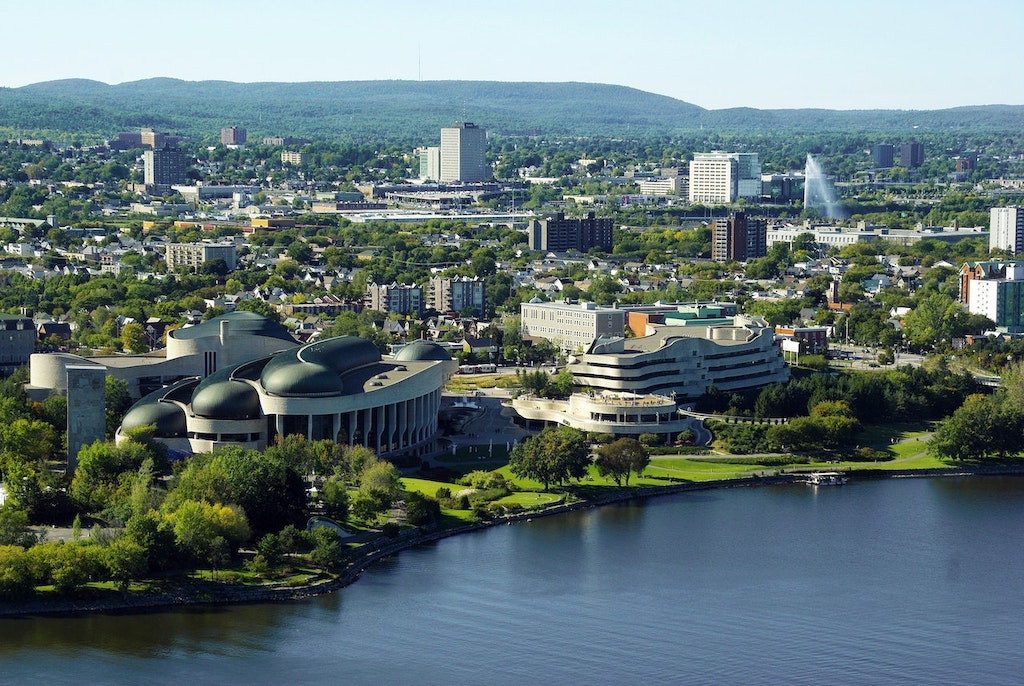
The Evolution of Ottawa: From Wilderness to Capital City
Nestled on the banks of the Ottawa River, the vibrant Canadian capital, Ottawa, boasts a rich history that spans centuries. Its journey from a remote trading post to a thriving metropolis reflects the country’s growth and transformation. Exploring the city’s history reveals tales of exploration, conflict, nation-building, and even modern technological advancements.
Early Indigenous Inhabitants
Long before European settlers arrived, the area around present-day Ottawa was home to various Indigenous peoples, including the Algonquin. These communities thrived along the waterways, utilising the region’s resources for sustenance and trade. The river that would later lend its name to the city was a vital route for transportation and trade, facilitating connections between different Indigenous groups.
Colonial Rivalries and Settlement
With the arrival of French explorers in the early 17th century, Ottawa began its transformation into a pivotal trading post. The French built Fort Pontchartrain du Détroit, a strategic outpost near the Ottawa River. However, the Seven Years’ War led to British control of Canada, including Ottawa, in 1763. This change of power marked a significant shift in the region’s dynamics, setting the stage for the growth of British influence.
Rise to Prominence
In 1857, Queen Victoria selected Ottawa as the capital of the Province of Canada, due in part to its defensible location away from the American border. The city’s selection was the result of political compromises and a vision of unity among English and French Canadians. The construction of the Rideau Canal, initially intended for military purposes, further boosted Ottawa’s importance and allowed for more efficient travel and trade.
Bitcoin Casinos in Canada
As Ottawa continued to grow and modernise, the digital age brought about new forms of entertainment, including online casinos. Today, discussions about the gambling landscape in Canada often lead to topics like Bitcoin Casinos in Canada, where one can find a list of the best Casinos accepting cryptocurrency in Canada. These platforms offer innovative ways for players to engage with casino games using cryptocurrency. While a far cry from the historic events that shaped Ottawa, this technological advancement showcases the city’s adaptability and connection to broader global trends.
Confederation and Growth
Ottawa’s role as the capital was solidified in 1867 when Canada became a self-governing dominion within the British Empire. The city’s population surged as it became a hub for government institutions and civil servants. The construction of the iconic Parliament Buildings further enhanced Ottawa’s status as a symbol of Canadian democracy and unity.
World Wars and Beyond
The city’s history includes its contributions to both World Wars. During World War I, Ottawa’s industrial capacity expanded to support the war effort. The Canadian government also played a significant role in coordinating troops and resources. In World War II, the city again embraced its wartime responsibilities, hosting conferences and playing a vital role in Allied strategy.
Modern Ottawa
In recent decades, Ottawa has transformed into a modern and diverse city. Its rich history is preserved in numerous museums, historic sites, and landmarks. The ByWard Market, a historic market district, offers a taste of the city’s past and present, with vibrant shops and restaurants that blend tradition with contemporary flair.
To delve deeper into Ottawa’s past, the Canadian Museum of History offers an extensive collection of artefacts and exhibits that showcase the city’s history, from Indigenous roots to contemporary times.
Image Credit: Supplied








